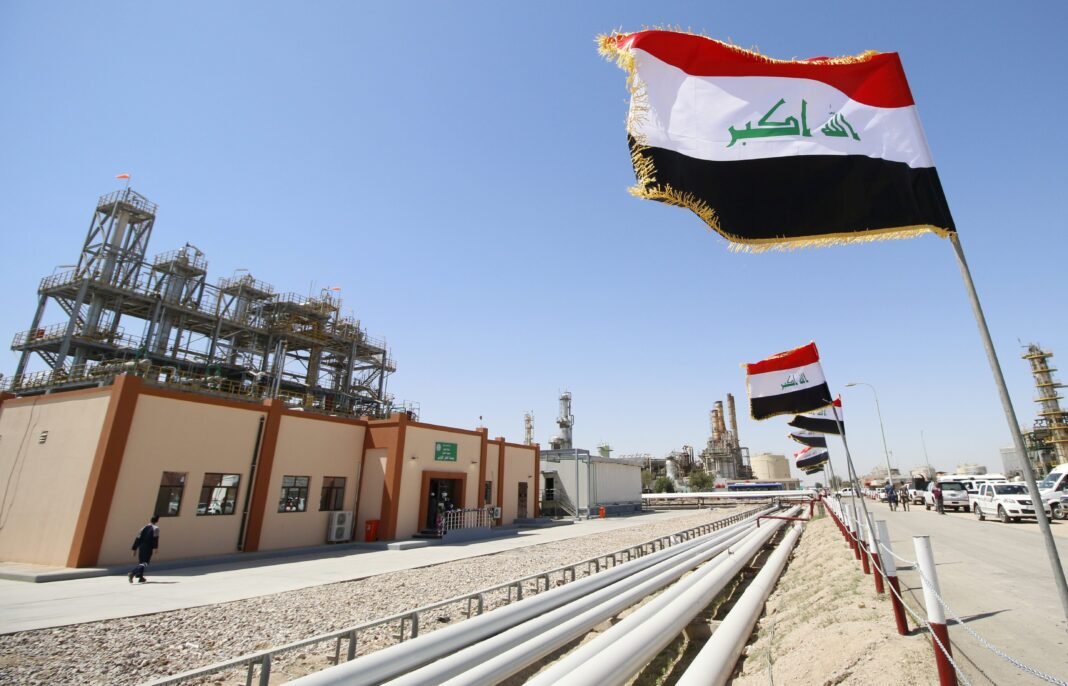Iraq is on the brink of achieving full self-sufficiency in gasoline production, Oil Minister Hayan Abdul Ghani announced. The milestone will come with the imminent inauguration of the Fluid Catalytic Cracking (FCC) project, a transformative step toward making Iraq an exporter of refined oil products.
During a visit to Basra, Abdul Ghani told journalists that the FCC project is one of the most critical strategic initiatives in Iraq’s refining sector. The project costs nearly $3.75 billion and is financed by a highly concessional, low-interest loan from Japan.
The repayment period spans 30 years, beginning only after a ten-year grace period following project completion, making it one of Iraq’s most favorable loans ever.
The Minister emphasized that Prime Minister Mohammed Shia Al-Sudani’s government prioritizes the project and has actively accelerated its completion. The FCC unit represents a major advancement in refining technology. It converts heavy fuel oil—a refinery residue—into high-value products.
Once operational, the facility will produce:
- 4,200 cubic meters of high-octane gasoline daily
- Over 2,000 cubic meters of gas oil (diesel) daily
- More than 750 tons of liquefied gas and light white products, including naphtha, daily
Abdul Ghani confirmed that the Prime Minister will soon inaugurate the refinery. He noted that when the current government took office, Iraq spent $5 billion annually on gasoline imports.
With the FCC project’s completion, Iraq will achieve full self-sufficiency in white products, including gasoline, diesel, and naphtha. The upgrade will also position the country as a future net exporter of refined petroleum products, reducing dependence on imports and strengthening energy security.
The Basra refinery project underscores Iraq’s commitment to modernizing its oil infrastructure and boosting the capacity of domestic production. Officials see it as a critical step in stabilizing the country’s energy supply while generating long-term economic benefits.


